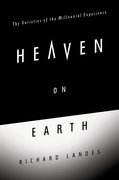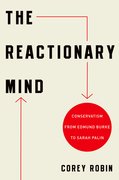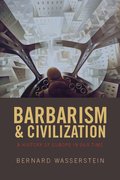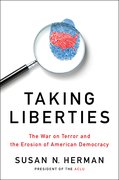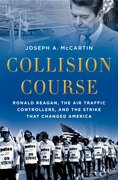5,000-year-old mummy found in Alps
This Day in World History – While hiking through the Alps on the Italian-Austrian border, Erika and Helmut Simon, a German couple, spotted a brown shape in a watery gully below them. Scrambling down to investigate, they realized that they were looking at a human head and shoulder. Assuming the body was a climber who had been killed in a fall, they reported their find to authorities. The body was removed with a jackhammer and tourists made off with some of its clothing and the tools that were found with it.



